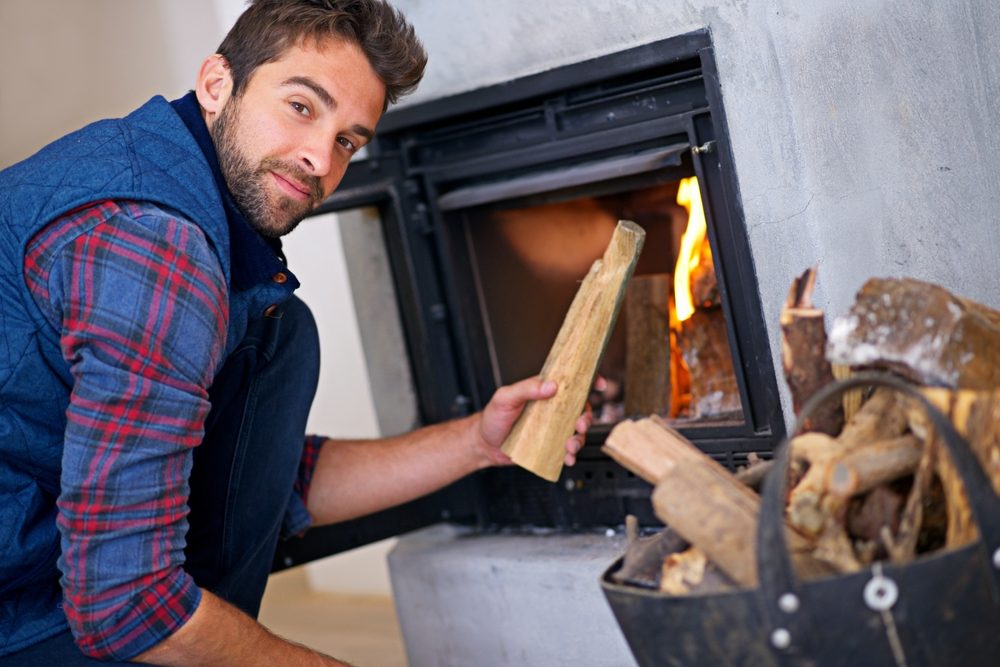For the past few weeks, there’s been a lot of talk about a potential pollution fee that could be added to property tax for homes equipped with fireplaces or wood stoves. This has caused quite a stir among homeowners, especially with tax season approaching. But where did this idea originate, and should we really be concerned?
A European directive under scrutiny
This isn’t a measure that came out of nowhere. It is linked to discussions at the European level about reducing the ecological footprint of homes.
Wood heating, despite its traditional and cozy appeal, is now under scrutiny due to its fine particle emissions. Brussels aims to go beyond mere recommendations by considering concrete actions, including fiscal measures, to accelerate the energy transition.
The idea is to hold homeowners accountable for using heating systems deemed polluting by incorporating an environmental fee into their property taxes. This additional charge wouldn’t only apply to older installations; even some recent stoves could be affected if their performance fails to meet future European standards.
Concerns among homeowners
Understandably, the news has raised eyebrows. Many households have turned to wood as an economic heating source, often replacing their old oil or gas boilers. For some, it represents a return to local values and energy autonomy. Are these efforts now going to be penalized?
Many homeowners are wondering: will they need to declare their wood stove in the upcoming tax declaration? Will the authorities verify installations? Some are already fearing a surge in local taxes.
Communities on the front line
Some municipalities have reportedly been approached to test this system on an experimental basis. Rural areas, often more equipped with wood heating appliances, would be particularly affected.
The goal would be to identify homes with fireplaces or stoves that do not comply with future standards, and then implement a progressive rate system based on emission levels.
There’s even talk of creating a “gray card for heating,” with a unique identifier for each installed device, to better track circulating equipment. This would complicate administrative processes even further.
Towards a disguised ecotax?
Behind this measure lies an explicit intention to encourage households to abandon wood, unless it is used in cutting-edge appliances. This could be a significant blow to artisanal manufacturers, as well as to users attached to this more natural way of life.
Wood, once regarded as a renewable energy, is now under scrutiny due to the microparticles it emits. This shift in perspective worries consumer associations, which label it an unjust policy disconnected from local realities.
What now?
Currently, nothing has been officially voted on. The project remains under review in European committees, but the idea is gaining traction. It is advisable to keep a close eye on the developments of these discussions. If the pollution fee goes into effect, it could reshape the domestic heating landscape in the coming years.
That said… if you’re already considering how to dismantle your stove or hide your fireplace under a blanket, take a deep breath.
It was an April Fool’s joke. But admit it, you almost believed it. Come on, let us know in the comments if we got you… or if you saw through the prank!

